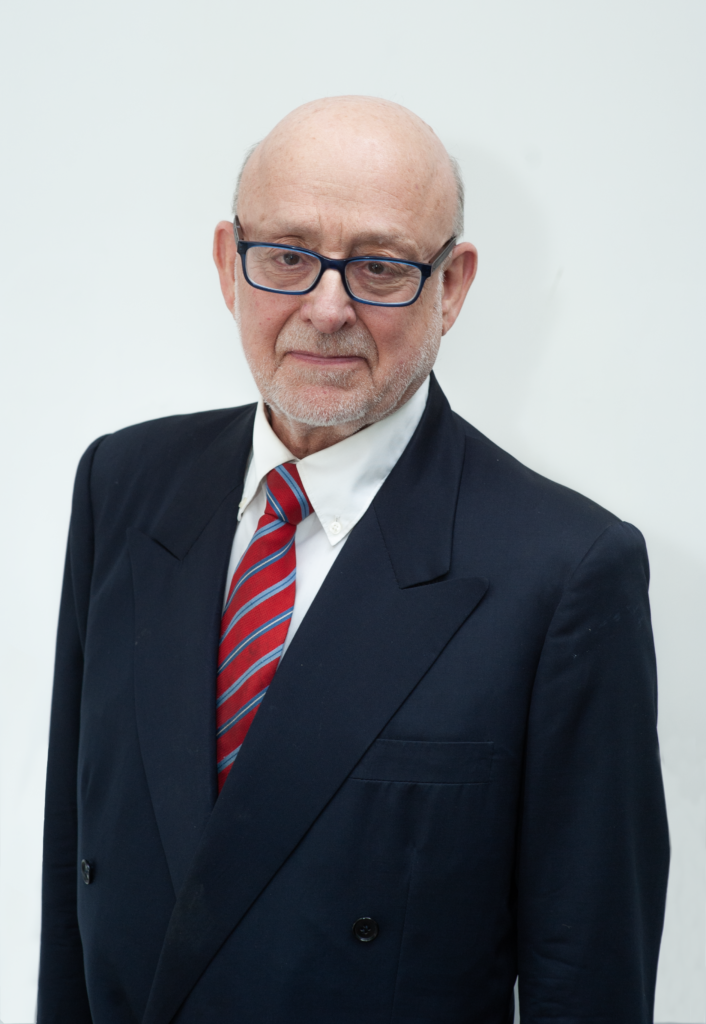
Dennis Cooper
Senior Consultant Tel: +44 (0)207 292 2060 Email: [email protected]
- Role
Karam, Missick & Traube
- About Dennis Cooper
Dennis Cooper is a senior consultant at KMT and specialises in commercial, private litigation and matrimonial matters.
Dennis Cooper has worked in the legal profession for over 30 years. He worked at Chethams, Stewarts, Jacksons Solicitors and Zaiwalla & Co before joining Karam, Missick & Traube as a consultant.
He has also co-written several articles in connection with cases in which he has been involved.
He has been involved in a number of significant reported cases including:
Taff Ely Borough Council v Tesco
A planning permission was granted by a town clerk which the local authority attempted to revoke on the grounds the permission was incorrectly given. The matter was eventually determined by the House of Lords.
Cavengh v William Evans
This was an employment appeal which looked at whether an employer can dismiss an employee for serious misconduct? A significant factor in the case, which went to appeal, was whether or not an employer, having terminated the employee’s service agreement, could resile from the contractual consequences and later follow a different common law route of accepting repudiation by relying, after the termination event, on an earlier act of misconduct.
Bumper Development Corporation Limited v The Union of India
Commissioner of the London Metropolitan Police, and others. A foreign oil company purchased a bronze sculpture of a Hindu deity from a dealer in England. The bronze had been seized by the English police and instructions were given to seek its recovery. This raised a number of legal issues to include naming the Hindu deity as a claimant within the English proceedings. The Hindu Charitable Endowments Act 1974 made provision that Indian deities are a juridical persona. The Court therefore ordered, for what was believed the first time, that a Hindu god could claim in its own juridical persona the return of the bronze to India. The case involved multiple trips to India and New York to gather evidence. The matter was eventually heard by the Court below and the Court of Appeal.
Consequential Case Involving British athlete
Instructions were received from a British athlete in 1994 who had failed two drug tests whilst competing in the European Athletics Championship. The athlete was represented at the various stages contesting the ban, on the grounds that the evidence relied upon should be dismissed on the basis that the forensic evidence was tainted. Following this case instructions were received from other athletes in similar circumstances.
Instructions were received in respect of proceedings issued in the Supreme Court of New York and Spain - the client residing in the UK was a Partner to the Plaintiff company. The New York proceedings primarily related to investments in the UK and Spain. This required the instruction of American lawyers to intervene in the New York proceedings and laterally the instruction of Spanish lawyers to deal with the proceedings in Spain.



